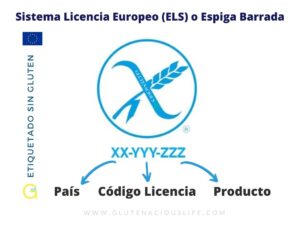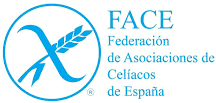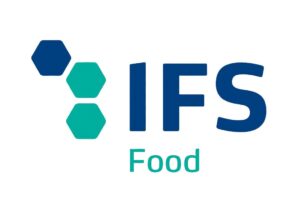How to identify gluten-free products on food labels and the importance of gluten-free certifications
Identifying gluten-free products on food labels is essential for people who follow a gluten-free diet due to coeliac disease, gluten sensitivity or other medical reasons.
Today from Adpan, a 100% gluten-free manufacturer, we explain how to do it and why gluten-free certifications are important:
1. Read food labels:
- Look for the statement “gluten-free”.
“The barred herringbone is the international gluten-free symbol and is currently regulated by the AOECS (Society of Associations of Coeliacs in Europe), which delegates its use and control to its member associations. In Spain, FACE is one of those in charge of granting this certification”, explains the Instituto Comunitario de Certificación S.L. “Gluten-free food products are those whose gluten content does not exceed 20 mg/kg in total, measured in the food as sold to the end consumer”.
- Inspect the ingredient list
Check the ingredient list for any source of gluten, such as wheat, barley, rye or oats that are not certified gluten-free. These ingredients should be clearly indicated. Avoid products containing any of these ingredients unless they are indicated as “gluten-free” or certified gluten-free.
2. Be aware of possible cross-contamination:
Even though a product may not contain gluten in its ingredient list, it is important to consider potential cross-contamination. Manufacturers are required to list the possibility of cross-contamination (“may contain traces of gluten” or “produced in a facility that also processes wheat”) on the label if such a possibility exists.
- Therefore, Adpan manufactures 100% gluten-free, thus avoiding cross-contamination in all our facilities.
3. Consult additional resources:
Use mobile apps, websites and up-to-date gluten-free food lists for additional information on products and brands that meet gluten-free standards.
The importance of gluten-free certifications
Gluten-free certifications are vital for several reasons:
Gluten-free certifications are vital for several reasons:
- Consumer confidence: Certifications provide people on gluten-free diets with confidence that a product has been tested and meets gluten-free standards, reducing the risk of gluten exposure.
- They make choice easier: Certification seals make it easier to identify safe, gluten-free products in the overwhelmingly diverse market of processed foods.
- Quality control: Certification processes include rigorous testing and manufacturer audits, helping to ensure the integrity of gluten-free products.
- Access to a safe diet: People with coeliac disease or non-coeliac gluten sensitivity depend on safe gluten-free products to maintain their health and well-being.
In 2005, Adpan became the first Spanish company to be certified in the FACE-controlled seal of guarantee, which guarantees <10ppm of gluten in all our products. Backed by numerous seals and certifications, our facilities are certified by one of the most demanding quality and food safety standards in the sector: the IFS (International Food Standard) seal, implemented since the beginning of 2017.
In summary, proper identification of gluten-free products on food labels and the pursuit of gluten-free certifications are essential to ensure a safe, gluten-free diet for people in need. These practices help to prevent adverse reactions and maintain the health of those following a gluten-free diet.






